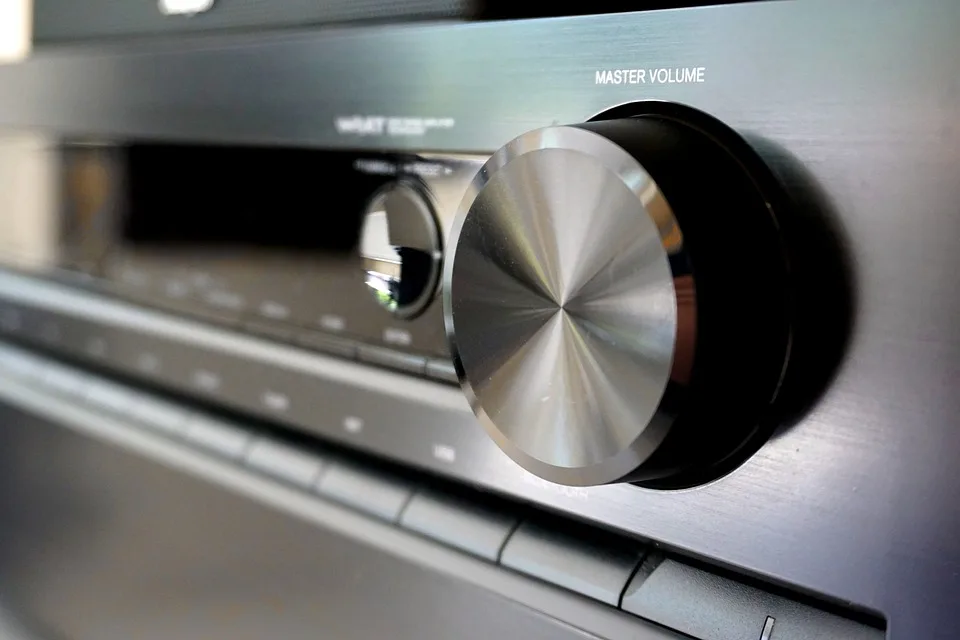In a world filled with distractions, noise-cancelling headphones have emerged as a popular gadget for enhancing audio experiences and blocking out unwanted sounds. But how effective are they? Let’s dive deeper into the technology and functionality behind noise-cancelling headphones to see if they truly deliver on their promises.
Understanding Noise-Cancelling Technology
Noise-cancelling headphones minimize unwanted ambient sounds through two primary technologies:
Active Noise Cancellation (ANC)
- How It Works: ANC headphones use microphones to pick up external noise. They then produce sound waves that are the exact opposite (in phase) of the incoming noise. This interference cancels out the unwanted sounds.
- Best for: Low-frequency noises like the hum of an airplane engine or air conditioning units.
Passive Noise Isolation
- How It Works: This method relies on the physical design of the headphones to block sound. Ear cups that form a tight seal around the ears significantly reduce the penetration of external noise.
- Best for: Sudden, high-frequency noises, such as talking or keyboard typing.
Choosing a pair that combines both ANC and passive noise isolation generally results in the best performance.
Effectiveness of Noise-Cancelling Headphones
While many users rave about their experience with noise-cancelling headphones, the reality can vary widely based on several factors.
Factors Affecting Noise-Cancellation Performance
-
Quality of the Headphones:
- High-end models typically offer superior ANC technology.
- Budget options may not perform as effectively.
-
Fit and Design:
- Over-ear models often provide better passive isolation than in-ear styles.
- A snug fit enhances the overall noise-cancelling effect.
- Types of Noise:
- ANC is more effective at targeting consistent frequencies.
- It may struggle to eliminate sudden, unpredictable sounds, such as loud conversations or sirens.
Real-World Testing and Reviews
Consumer feedback and expert reviews can offer insight into the effectiveness of various models. Here are a few commonly reviewed options:
- Bose QuietComfort Series: Known for exceptional comfort and noise cancellation, praised for effectively canceling out low-frequency sounds.
- Sony WH-1000XM Series: Received accolades for customizable noise cancellation levels and excellent sound quality.
- Apple AirPods Pro: Offers convenient features and good performance for casual users, especially for those who prioritize portability.
Pros and Cons of Noise-Cancelling Headphones
Advantages
- Enhanced Listening Experience: Users can enjoy music or podcasts without raising the volume excessively.
- Reduced Fatigue: By blocking out ambient noise, these headphones can lead to less stress and fatigue, especially in noisy environments.
- Better Focus: Ideal for people working in open offices or traveling; they help improve concentration.
Disadvantages
- Cost: High-quality models can be quite expensive.
- Battery Dependency: ANC features typically require power, leading to limited usage time if not charged.
- Pressure Sensation: Some users experience an uncomfortable "pressurized" feeling when using ANC headphones for extended periods.
Conclusion: Do They Really Work?
In the end, the effectiveness of noise-cancelling headphones largely depends on the technology used, the design, and the user’s preferences. If you seek a quieter environment and a better audio experience, investing in a well-reviewed pair can certainly be beneficial. With advancements in technology, many reputable brands are consistently improving their noise-cancellation capabilities, ensuring that this gadget remains a valuable tool for both leisure and productivity.









